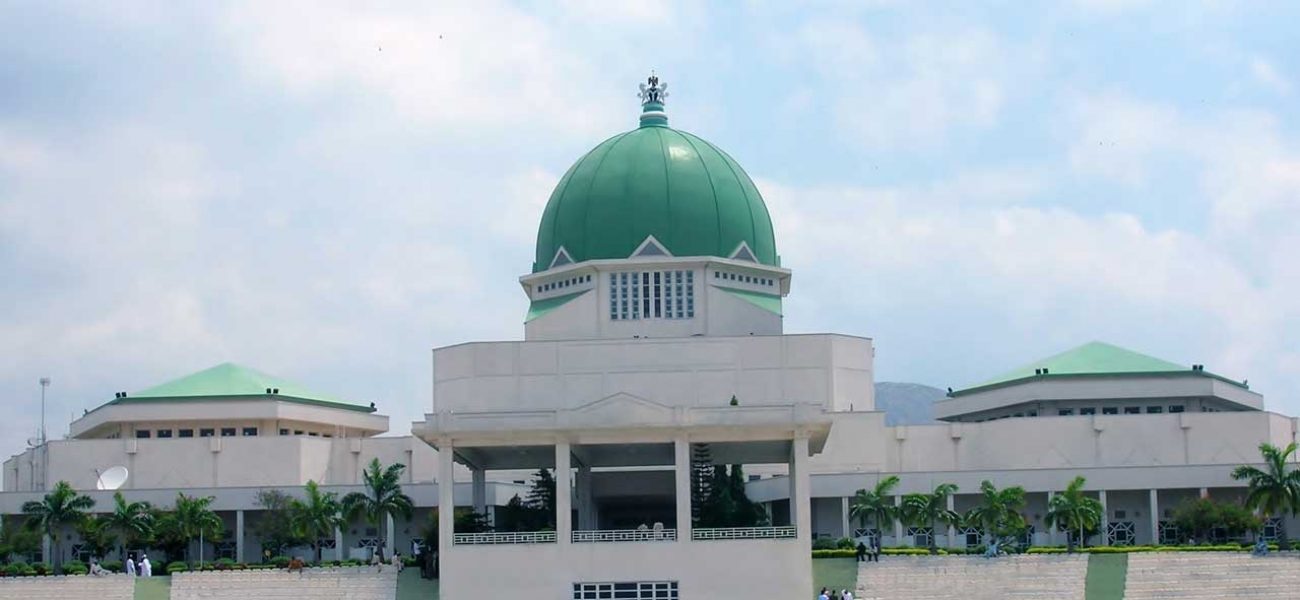Both chambers of the Nigerian National Assembly have received from the President, a supplementary budget for the appropriation of N895,842,465,917, to increase the current 2021 National Budget. The Nigerian Senate had resumed plenary on Tuesday, June 22, after going on a two-week end-of-session recess on June 9. The House of Representatives had itself also gone on recess and is scheduled to resume this week, on Tuesday, June 29.
Upon resumption, the Senate President, Ahmad Lawan read a letter from President Muhammadu dated June 15, seeking legislative approval for a 2021 Supplementary Appropriation Bill of N895,842,465,917. According to the Federal Government, the supplementary budget is targeted at enhancing the capacity of security agencies to tackle widespread insecurity, facilitate the Federal Government’s COVID-19 vaccine procurement programme, and the treatment of an additional 50,000 patients under the Nigeria Comprehensive AIDS Programme in States. The Federal Executive Council approved the budget for onward transmission to the National Assembly at its meeting on Wednesday, June 9. It will be recalled that President Buhari had signed the 2021 Appropriation Bill of N13.59 trillion into law in December 2020.
Out of the total proposed amount of N895,84 in the Supplementary Budget, N83.56 billion and N41.69 billion were allotted for COVID-19 vaccines, salaries and other health expenditures. N48.20 billion was proposed for recurrent defence/security expenditure and N722.40 billion was proposed for capital expenditure on defence/security. While some components of the budget will be financed by existing World Bank loans, others will be funded from Special Reserve Levy Accounts and new borrowings.
With both houses expected to prioritise and pass the supplementary appropriation bill and perhaps even increase the amounts in the bill with National Assembly related expenditure, concern remains that the urgent and priority issue of the Electoral Act (Repeal and Re-enactment) bill remains unaddressed.
There is however a lot of anxiety in Nigeria’s political circles, the election management body, civil society and citizens, that with the approach of the National Assembly’s summer recess on July 15, the legislature’s inability to pass the Electoral Bill could truncate plans and preparations for a credible 2023 general elections.

